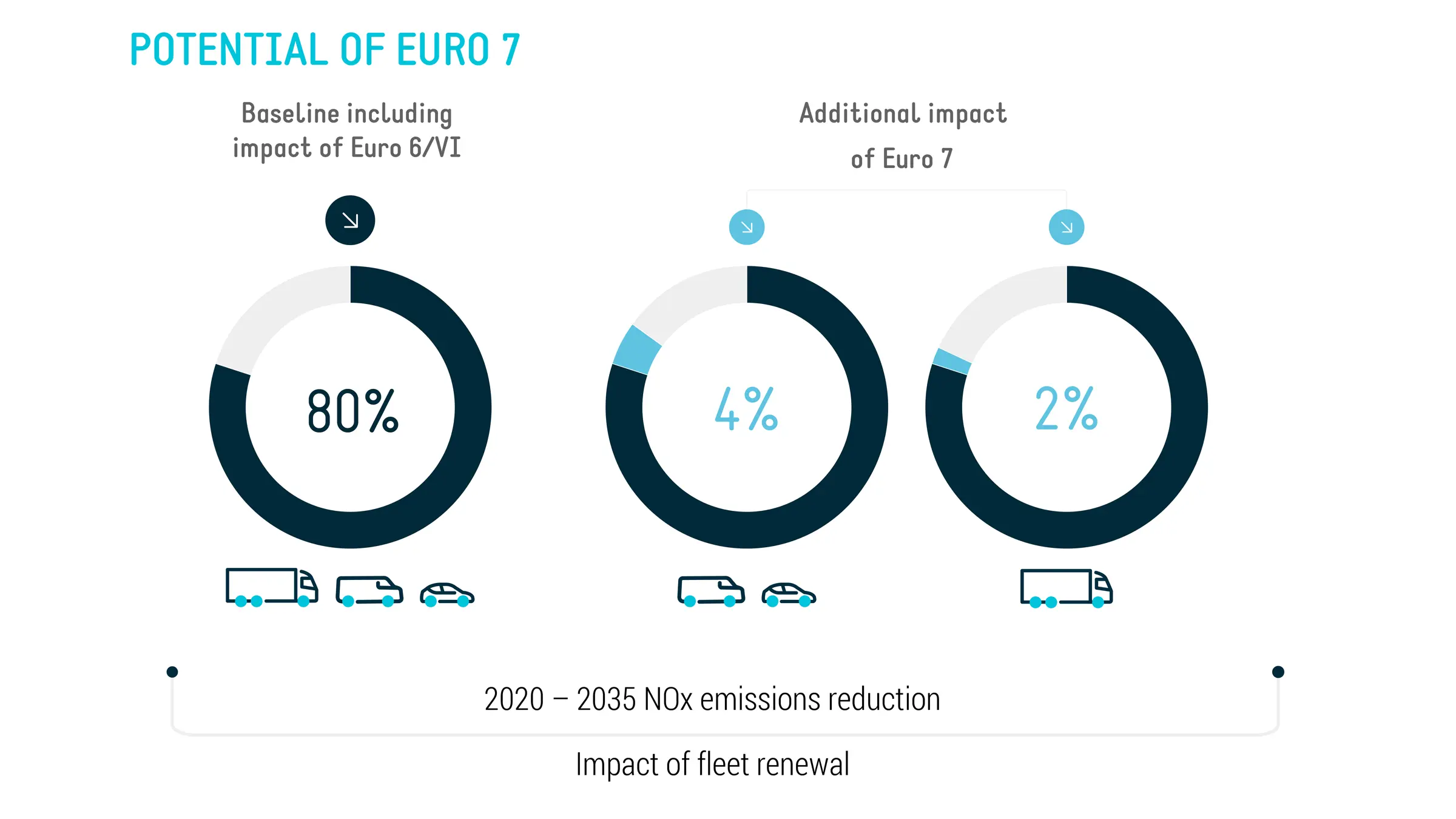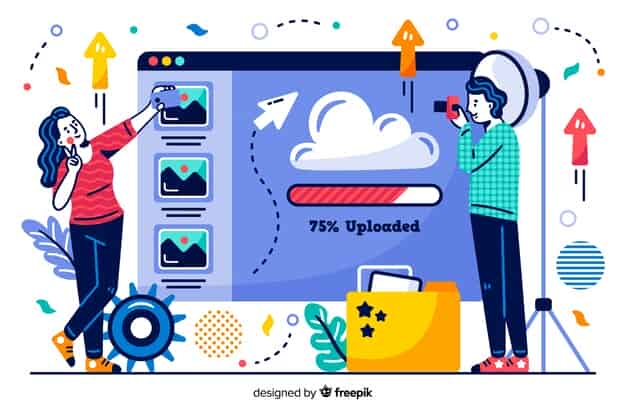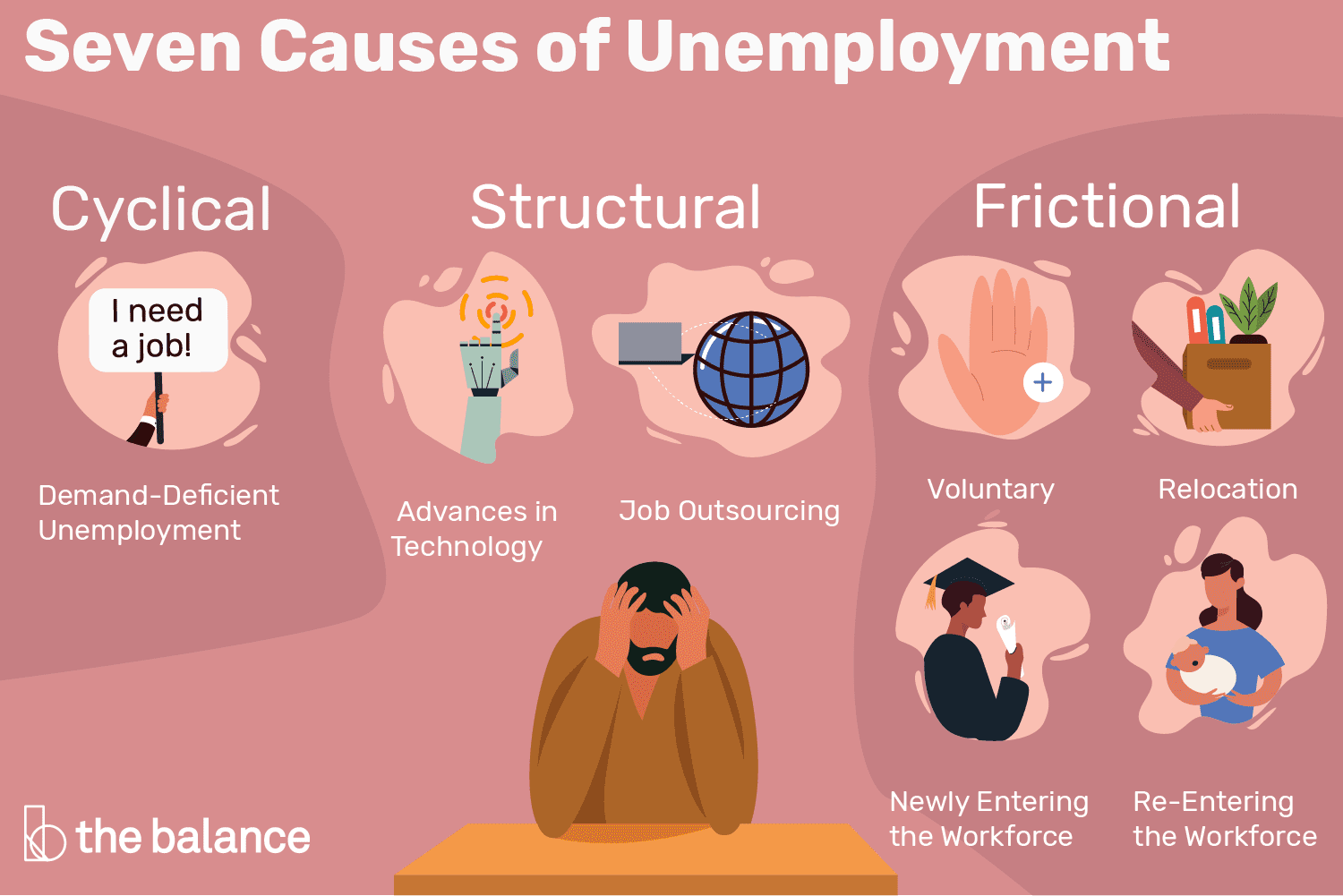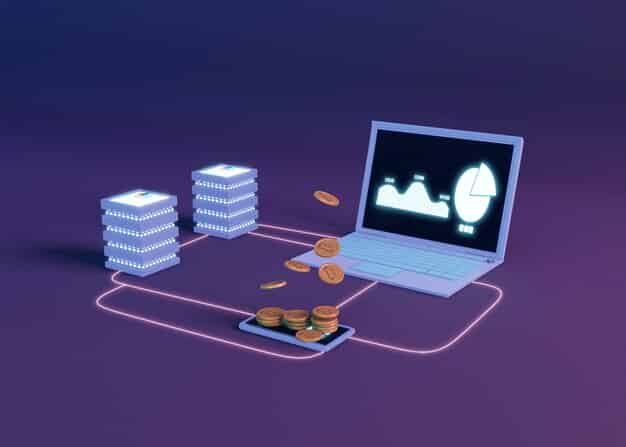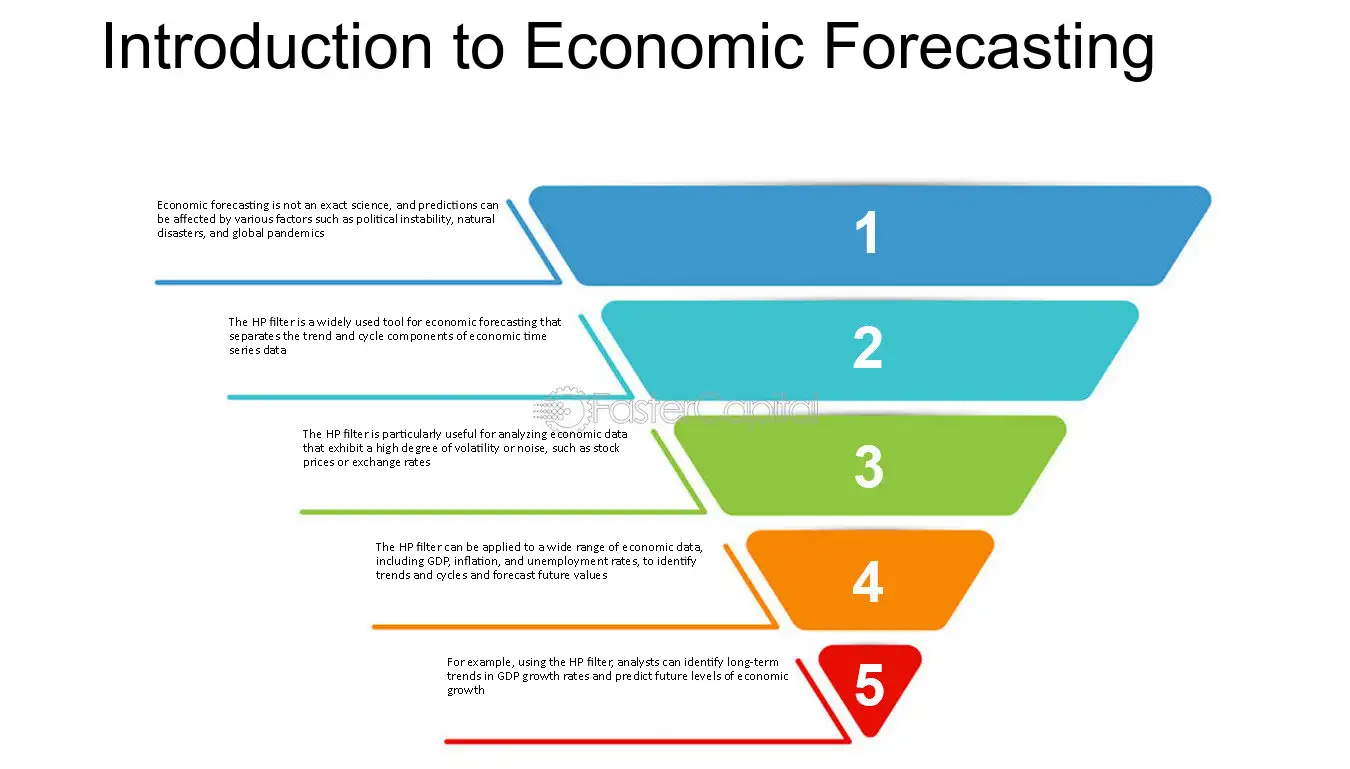Universal Basic Income: Key Insights
Mia Wilson
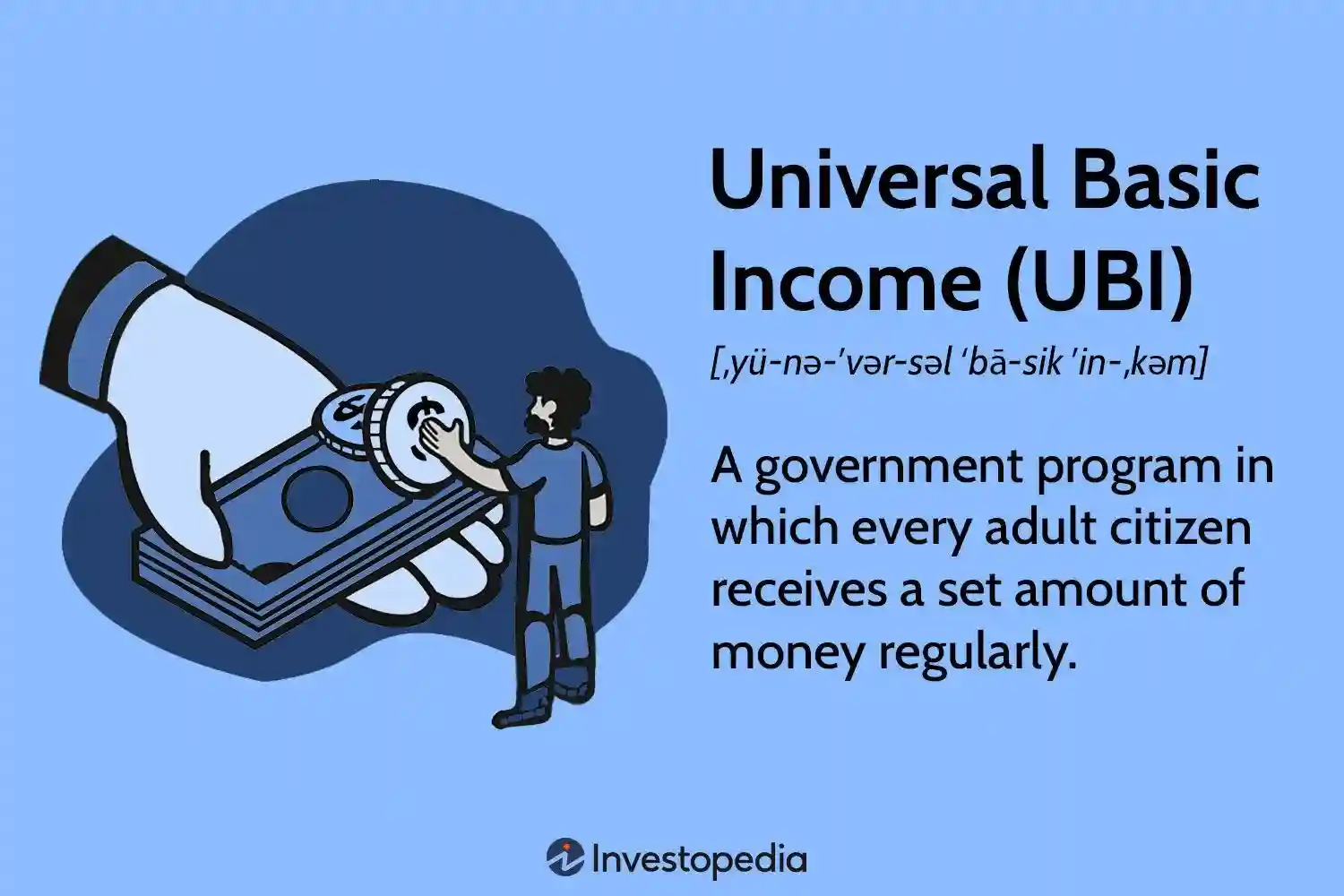
Photo: Universal Basic Income: Key Insights
Universal Basic Income: Key Insights
Universal Basic Income (UBI) has become one of the most discussed social policies in recent years. With growing economic inequality and increasing automation threatening jobs across multiple industries, many experts believe UBI could offer a solution to ensure financial stability for all. In this article, we will explore the key insights surrounding UBI, its potential benefits, criticisms, and its future in a rapidly changing economic landscape.
What is Universal Basic Income?
Universal Basic Income refers to a policy where the government provides all citizens with a regular, unconditional sum of money, regardless of employment status or income level. Unlike welfare programs that require beneficiaries to meet specific conditions, UBI is designed to offer financial support without strings attached.
The core idea is simple: provide a guaranteed minimum income to every individual, ensuring they can meet basic living expenses. Proponents argue that this system could help eradicate poverty, reduce income inequality, and offer a safety net in an increasingly unstable job market.
A Brief History of UBI
Although UBI has gained popularity in recent years, the concept is not new. Philosophers and economists have debated variations of the idea for centuries:
- 16th Century Origins: The idea of providing financial support to all citizens dates back to Thomas More’s Utopia (1516), where he proposed a guaranteed income to reduce theft and crime.
- 18th Century Enlightenment: Influential thinkers such as Thomas Paine suggested a basic endowment to all individuals as compensation for the loss of common land due to privatization.
- 20th Century Experiments: In the 1960s and 1970s, UBI pilots were conducted in several countries, including the United States and Canada. These trials revealed positive outcomes, such as reduced poverty and improved health, although none led to permanent policy adoption.
Key Benefits of Universal Basic Income
1. Poverty Alleviation and Economic Security
One of the primary motivations for implementing UBI is its potential to eliminate extreme poverty. By guaranteeing a basic level of income for all, individuals can meet essential needs such as food, shelter, and healthcare. This would create a more equitable society and reduce reliance on complex welfare systems.
UBI could also provide a financial cushion for individuals in precarious or low-paying jobs, reducing stress and improving overall well-being. For example, during the COVID-19 pandemic, several countries introduced temporary cash transfer programs, highlighting the importance of direct financial support during crises.
2. Encouraging Entrepreneurship and Innovation
With a guaranteed income, individuals may be more inclined to pursue entrepreneurial ventures or creative careers without the fear of financial ruin. UBI can foster a more innovative economy by removing the immediate pressure to find and retain traditional employment.
Studies from UBI pilot programs have shown that recipients often use the funds to invest in education, start small businesses, or improve their skills, leading to long-term economic benefits.
3. Simplification of Welfare Systems
Current welfare programs are often criticized for being bureaucratic, costly to administer, and stigmatizing for recipients. UBI could replace or complement existing welfare schemes by offering a simple, universal alternative. This would reduce administrative costs and ensure that financial aid reaches everyone in need without unnecessary red tape.
Criticisms and Concerns
Despite its potential benefits, UBI is not without its critics. Key concerns include:
1. Cost and Feasibility
A major argument against UBI is its cost. Providing every citizen with a basic income requires significant government expenditure. Critics argue that such a policy could lead to higher taxes or reduced funding for other essential services such as education and healthcare.
However, proponents counter that UBI could be funded through wealth taxes, increased automation-related productivity gains, or by reallocating existing welfare budgets. Additionally, some studies suggest that the economic stimulus from increased consumer spending could offset part of the cost.
2. Work Disincentives
Another common criticism is that UBI might discourage people from working, leading to reduced productivity. Skeptics worry that a guaranteed income could result in fewer individuals participating in the labor force.
However, evidence from UBI pilot programs indicates that most recipients continue working, using the extra income to improve their skills or seek better employment opportunities. In some cases, UBI has even increased workforce participation by enabling people to afford childcare or transportation.
3. Inflationary Risks
Some economists warn that introducing UBI could lead to inflation. If everyone receives additional income, demand for goods and services might increase, driving up prices and eroding the purchasing power of the basic income.
While this is a valid concern, others argue that if UBI is funded through wealth redistribution rather than new money creation, inflationary pressures could be minimized.
Global UBI Experiments and Their Outcomes
Several countries have conducted UBI trials, offering valuable insights into its potential impacts:
- Finland (2017-2018): Finland conducted a two-year experiment providing 2,000 unemployed individuals with a monthly payment of €560. The results showed improved mental health and well-being among participants, though it had little effect on employment rates.
- Kenya (Ongoing): Nonprofit organization GiveDirectly has been running a large-scale UBI experiment in rural Kenya since 2017. Early findings indicate that recipients experience improved financial stability, better health outcomes, and increased entrepreneurial activity.
- United States (Various): In the U.S., several cities, including Stockton, California, have piloted guaranteed income programs. The Stockton Economic Empowerment Demonstration (SEED) provided $500 per month to selected residents and reported positive effects on recipients' mental health and employment.
The Future of UBI: Is It Inevitable?
As automation and artificial intelligence continue to reshape the labor market, discussions around UBI are likely to intensify. Many jobs, particularly those involving routine tasks, are at risk of being replaced by machines, potentially leading to widespread unemployment.
In this context, UBI could serve as a necessary policy to ensure that individuals have a stable income, even as traditional employment opportunities diminish. Moreover, as wealth becomes increasingly concentrated in the hands of a few, UBI could help redistribute income more fairly, fostering social cohesion and reducing political instability.
However, implementing UBI on a national or global scale requires careful planning, robust funding mechanisms, and political will. Policymakers must weigh the benefits against potential risks and design UBI programs that complement existing social safety nets.
Conclusion
Universal Basic Income offers a bold vision for addressing the challenges of poverty, inequality, and economic disruption caused by technological advancements. While there are legitimate concerns regarding its cost and potential unintended consequences, evidence from various pilot programs suggests that UBI could lead to significant social and economic benefits.
As debates around UBI continue, it is crucial for policymakers, economists, and citizens to engage in thoughtful discussions about its feasibility and design. With the right approach, UBI could play a pivotal role in building a fairer and more resilient society for future generations.
For You
View AllUnderstand Euro 6 emission standards and their impact on car manufacturing and air quality. Stay informed on environmental policy!
Mia Wilson
Learn how blockchain is powering the NFT market and what it means for creators.
Mia Wilson
Learn how VPS hosting boosts website performance and speeds up loading times.
Mia Wilson
Dive into the main causes of unemployment and how they affect the economy. Learn more about this critical issue!
Mia Wilson
Get insights into VPS hosting prices and how to choose an affordable plan.
Mia Wilson
Explore various economic forecasting methods and their importance in decision-making. Click to gain clear insights!
Mia Wilson
Education
View All
April 24, 2025
What Is Distance Education? Explained!
Discover how distance education works, its benefits, and how it’s transforming learning. Start your journey today!

April 17, 2025
What Is Secondary Education? Explained!
Learn about secondary education, its structure, and its role in shaping academic and career paths. Get insights today!

April 16, 2025
Why Is Education Important?
Explore why education is vital for personal growth, career success, and societal progress. Start learning now!
